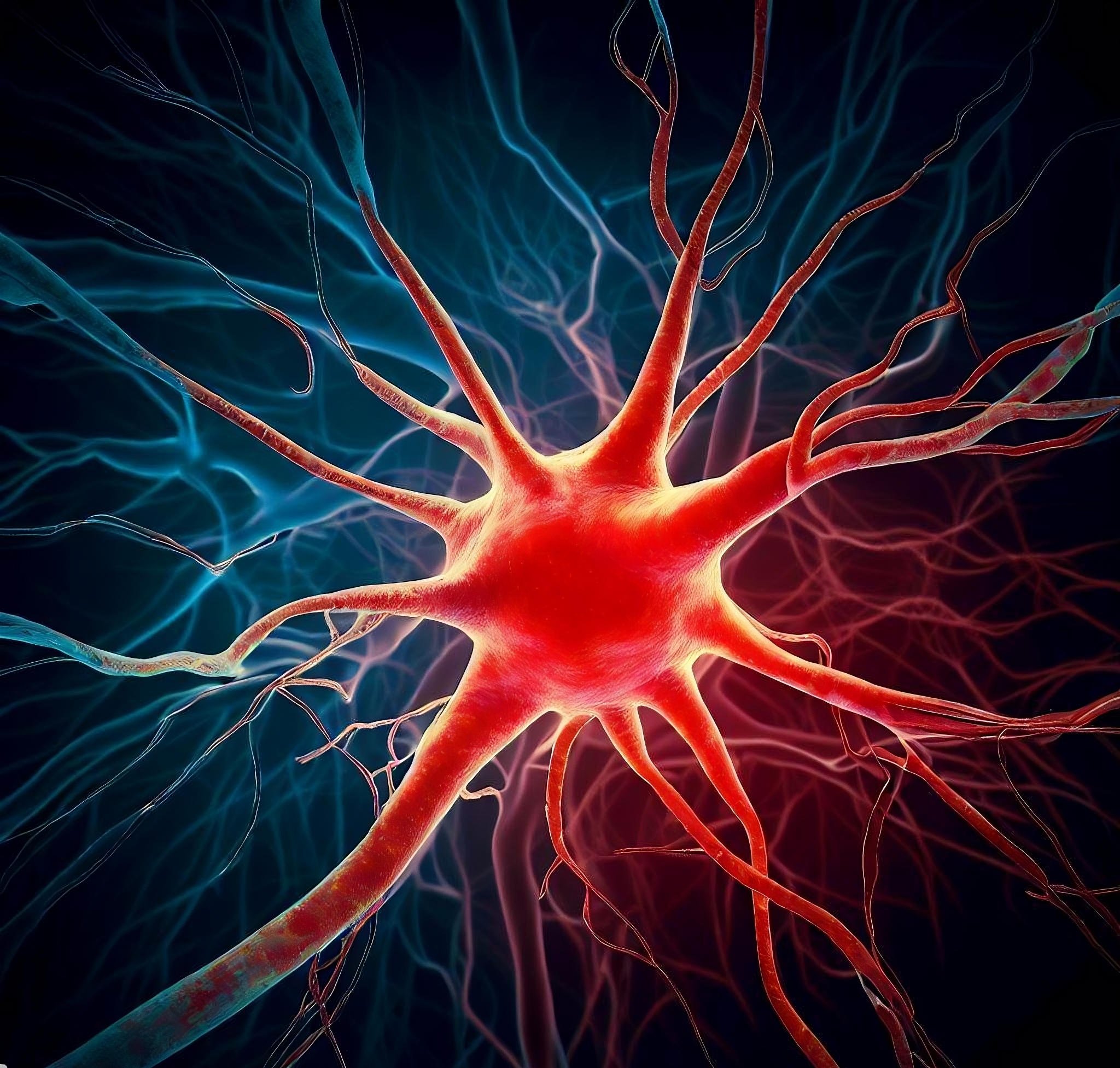웨이크 포레스트 대학교 의과대학 과학자들의 새로운 연구에 따르면 건강한 지방과 저탄수화물 단백질이 풍부한 지중해식 케톤 생성 식단이 알츠하이머병의 위험을 줄일 수 있다고 합니다. 연구원들은 이 식단이 알츠하이머병과 관련된 장내 미생물과 생물학적 경로에 상당한 변화를 가져왔음을 발견했습니다. 박테리아, 뇌 건강 및 치매 예방에 잠재적인 이점을 제안합니다.
웨이크 포레스트 대학교 의과대학의 과학자들은 지중해식 케토 다이어트를 고수하면 잠재적으로 체중 감소를 줄일 수 있다는 연구 결과를 발표했습니다.[{” attribute=””>Alzheimer’s disease risk.
The researchers conducted a comparison between a low-fat diet and a modified Mediterranean ketogenic diet, which consists of healthful fats/protein and a lower carbohydrate intake. Their findings revealed that this modified diet brought about significant alterations in a biological pathway associated with Alzheimer’s disease.
The findings were recently published in Alzheimer’s & Dementia: The Journal of the Alzheimer’s Association.
According to the Alzheimer’s Association, more than 6.5 million Americans are living with Alzheimer’s disease, and 1 in 3 seniors die with the disease or another form of dementia.
“We hope that better understanding this complex relationship between diet, cognitive status, and gut health will lead to new interventions to prevent and treat Alzheimer’s disease,” said Suzanne Craft, Ph.D., professor of gerontology and geriatric medicine at Wake Forest University School of Medicine.

Suzanne Craft, Ph.D., professor of gerontology and geriatric medicine at Wake Forest University School of Medicine. Credit: Wake Forest University School of Medicine
This study builds upon previous research from Craft’s team showing that a modified ketogenic diet may prove beneficial in the prevention of cognitive decline.
The randomized, single-site study involved 20 adults, nine diagnosed with mild cognitive impairment (MCI) and 11 with normal cognition. These participants were randomly assigned to follow either the low-carbohydrate modified Mediterranean-ketogenic diet or a low-fat, higher carbohydrate diet for six weeks then, after a six-week “washout” period, to switch to the other diet.
Stool samples were collected from participants at the beginning and end of each diet period, and six weeks after the washout of the second diet to analyze changes in gut microbiome—the good and bad bacteria that live in the gastrointestinal tract.
Researchers found that participants with MCI on the modified Mediterranean ketogenic diet had lower levels of gamma-aminobutyric acid (GABA) and of GABA-producing microbes. Participants on this diet also had higher levels of GABA-regulating bacteria. GABA is the primary inhibitory neurotransmitter in the central nervous system, and GABA dysfunction is associated with neuropsychiatric conditions including Alzheimer’s disease.
“Our study is the first to show that diet modulates GABA differently in MCI,” Craft said.
The study also showed that participants with MCI who had curcumin in their diets also had lower levels of BSH-containing bacteria. These bacteria regulate bile acids produced by the liver and gut. Lower levels suggest reduced gut motility, a phenomenon in which food and waste take longer to transit the gut. Abnormal bile acid profiles have been observed in adults with Alzheimer’s disease.
“These findings provide crucial insight into how diet may affect the microbiome and improve brain health,” Craft said. “Larger studies are needed to assess the role diet interventions play in patients with cognitive impairment.”
Reference: “Effects of a ketogenic and low-fat diet on the human metabolome, microbiome, and foodome in adults at risk for Alzheimer’s disease” by Amanda Hazel Dilmore, Cameron Martino, Bryan J. Neth, Kiana A. West, Jasmine Zemlin, Gibraan Rahman, Morgan Panitchpakdi, Michael J. Meehan, Kelly C. Weldon, Colette Blach, Leyla Schimmel, Rima Kaddurah-Daouk, Pieter C. Dorrestein, Rob Knight, Suzanne Craft and the Alzheimer’s Gut Microbiome Project Consortium, 5 April 2023, Alzheimer’s & Dementia: The Journal of the Alzheimer’s Association.
DOI: 10.1002/alz.13007
The study was funded by the Wake Forest Alzheimer’s Disease Research Center, the Hartman Family Foundation, Roena B. Kulynych Center for Memory and Cognition Research, and the National Institute on Aging.

“음악 팬. 매우 겸손한 탐험가. 분석가. 여행 괴짜. 익스트림 TV 전문가. 게이머.”




